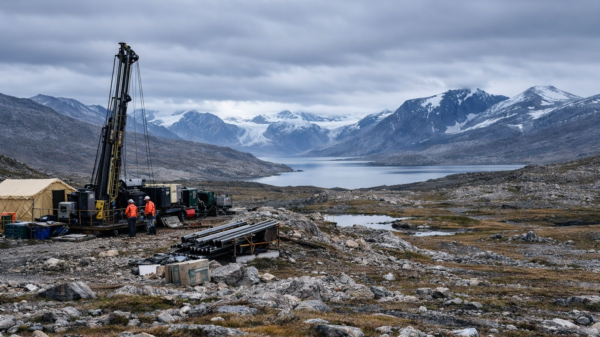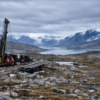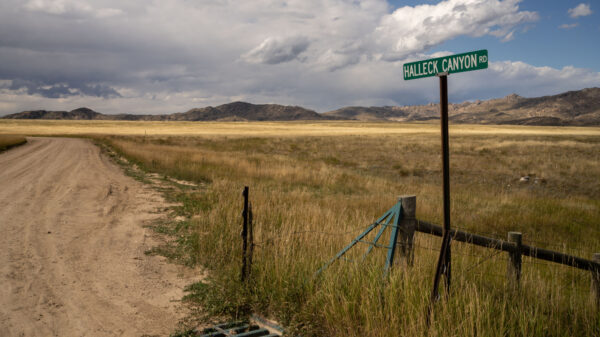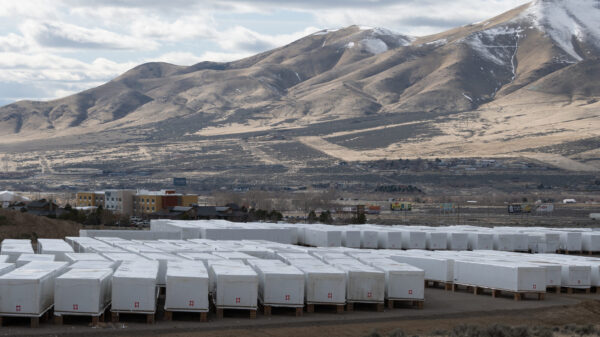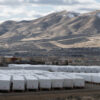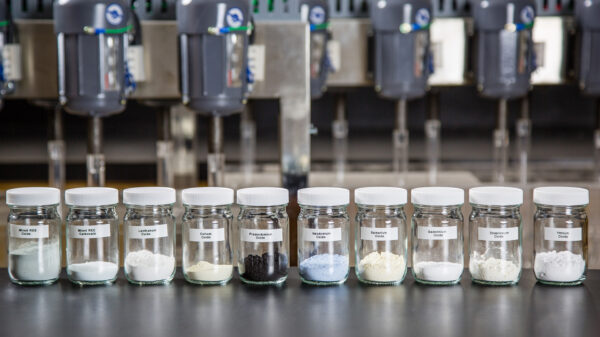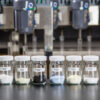In a run-off election on Sunday, Argentinians elected economist and populist politician, Javier Milei, to be the country’s new president.
The new president has had controversial opinions and his government could open the doors for investments in the country.
Milei begins his tenure as president during interesting economic times, as the country’s inflation rate stands at 143 per cent, and analysts at merchant bank JP Morgan predict it could reach 210 per cent by the end of 2023.
The previous government-enacted currency controls to protect the peso to counteract the inflation, accompanied by high interest rates, despite weak economic activity. These controls have had an effect on businesses across the Argentinian economy, but specifically on commodities.
Milei has proposed radical economic changes, such as eliminating the Central Bank and using the US dollar as Argentina’s official currency. These changes also involve promoting more free trade.
The mining sector has largely welcomed Milei’s election because of the economic uncertainty and the increased focus on free trade. They see him as a potential positive influence on the sector.
Encouraging external investment in the wake of its economic crisis has been a recent challenge for the country, but some industry participants believe that Milei’s election could potentially reverse this trend.
“More mining-friendly policy from Milei may increase investment,” said Duncan Hobbes, head of research at metals-trading firm Concord Resources.
“It is not just about policy, but also about confidence in the stability of the government implementing the policy.”
Argentina is the world’s fourth-largest producer of lithium, following only Chile, Australia and China in production. It also constitutes one-third of the ‘lithium triangle’ in Latin America.
According to the International Energy Agency, Latin America currently provides approximately 35 per cent of the world’s lithium, with Chile (26 per cent) and Argentina (6 per cent) leading in production.
¡TOTALMENTE HISTÓRICO! Milei causa furor en todo el mundo por su visita en la Casa Blanca:
"Ha habido mucho interés en su visita, mucha prensa extranjera siguiendo los pasos del Presidente Electo, eso es algo que no se veía desde hace mucho tiempo"@JMilei #LaLibertadAvanza pic.twitter.com/xdiG3M8cSk
— Agarra la Pala (@agarra_pala) November 28, 2023
Read more: Lithium South Development updates leadership roster, appoints new director
New economic outlook could provide lithium trade opportunities
Argentina’s economic potential hinges on the new president’s willingness to enter into free trade agreements, particularly with the United States.
President Joe Biden signed the Inflation Reduction Act (IRA) into law in the summer of 2022. It included substantial provisions for alternative energy initiatives, and more specifically for battery metals. The intent was to break China’s dominance over critical minerals.
This includes tax credits exceeding 10 per cent of the average electric vehicle price in the United States. This has led to global allies of the United States, including new investments in Mexico and Canada.
They’ve also sparked political negotiations among U.S. partners like the European Union, Japan and as of last week, Chile. The act extends these benefits to any country that has signed a free trade agreement with the United States.
Argentina does not presently have a free trade agreement in place with the United States and is therefore not eligible to take advantage of President Biden’s provisions for battery metals under the Inflation Reduction Act.
The IRA allows EVs and batteries made in North America to qualify for significant tax breaks. EVs with batteries using critical minerals from countries with a free trade agreement with the U.S. can get partial tax breaks.
The IRA updated the U.S. tax code’s Clean Vehicle Credit, offering consumers a $7,500 tax credit for buying a qualifying vehicle like an EV. This credit is split into $3,750 for vehicles meeting critical mineral criteria and $3,750 for those meeting battery component criteria.
Under the rules for critical minerals, a qualifying vehicle’s battery must contain a portion of these minerals sourced from the U.S., a country with a free trade agreement with the U.S., or recycled in North America. For example, starting in 2023, the minimum required share is 40 per cent, increasing by 10 per cent each year until it reaches 80 per cent for vehicles after 2026.
Regarding battery components, final assembly must happen in North America, and the proportion of component value made or assembled in North America must meet or exceed a specific percentage. For vehicles in 2024 and 2025, it’s 60 per cent, with a yearly 10 per cent increase until it reaches 100 per cent after 2028.
The Inflation Reduction Act included the largest clean energy investment in U.S. history. It's not just about the environment, it's about public health. I have a vision for capping the Cross Bronx Expressway that would help clean our air and address the Bronx's high asthma rates. pic.twitter.com/4P7TDyuRC0
— Rep. Ritchie Torres (@RepRitchie) November 28, 2023
Read more: Lithium South Development first production well installed at Hombre Muerto lithium project
Read more: Lithium South Development expands production goals, updates PEA on Hombre Muerto lithium project
Many lithium companies in Argentina already benefit from the IRA
Most lithium companies presently operating in Argentina already have substantial holdings elsewhere which make them eligible for Biden’s benefits. Companies like Livent Corporation (NYSE: LTHM) and Albemarle Corporation (NYSE: ALB) operate all over the world, including jurisdictions that help them to qualify for Biden’s benefits. Both companies are also present in Argentina.
Over the past few years, Argentina has been the site of a substantial amount of mergers with a number of high value juniors being absorbed by larger companies.
A few examples include Lithium Americas (TSX: LAC), which acquired Millennial Lithium for USD$491 million in January 2022. A month later, Chinese based Zijin Mining (SHA: 601899) completed its acquisition of Neo Lithium Corp. Each of these companies with the exception of Zijin Mining is eligible.
Lithium South Development Corporation (TSXV: LIS) (OTCQB: LISMF) (Frankfurt: OGPQ) operates out of the Hombre Muerto North Project (HMN) of Salta Province in Argentina. It’s recently increased its lithium resource by 175 percent increase in its lithium resource. The HMN lithium project comprises five claims totalling 3,287 hectares, and defines a Lithium Carbonate Equivalent Resource (LCE) of 1.5 million tonnes with an average grade of 736 mg/L Li within the Alba Sabrina, Tramo, and Natalia Maria claim blocks.
Lithium South’s market cap sits at USD$29 million, which not only could make it a strong candidate for a lithium senior looking to expand its holdings in Argentina, but also a potential beneficiary of any new political FTA’s pushed through in the coming months or years.
Companies like Lithium South’s fortunes lay in the decisions made by Argentina’s new president, and whether or not he decides to make good on his promises to open the country to foreign investment by way of a new free trade agreement.
.
Lithium South Development Corporation is a sponsor of Mugglehead news coverage
.
Follow Joseph Morton on Twitter
joseph@mugglehead.com







